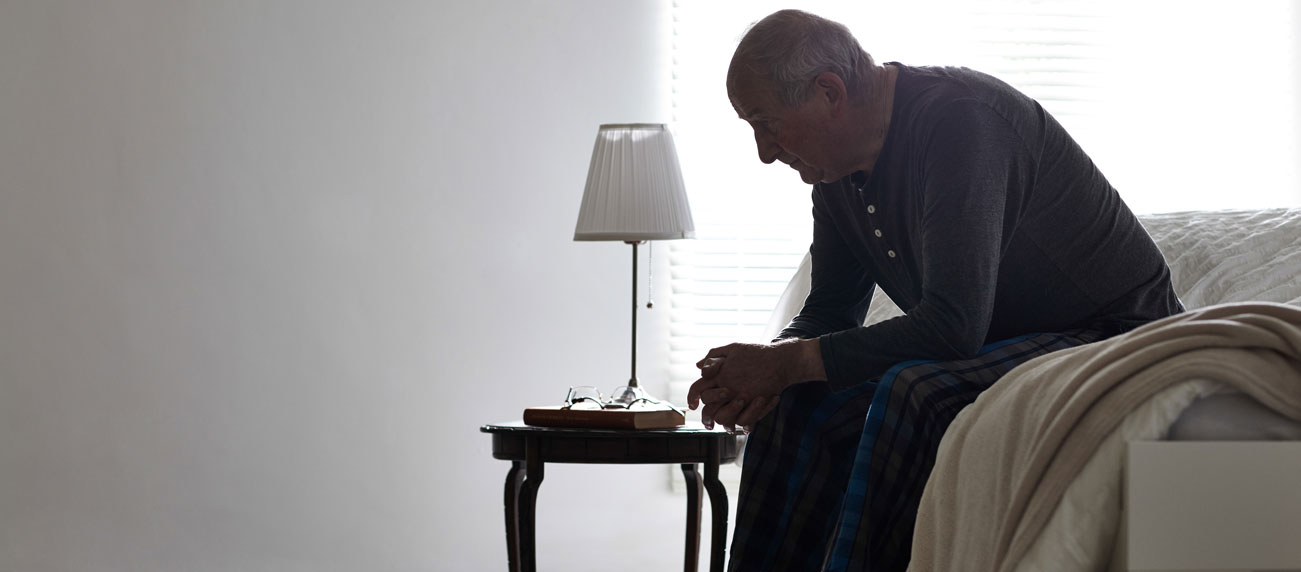Patient Resources Helpful Articles
Helpful Articles
Sleep Apnea and Depression

Studies have shown that sleep apnea can be a major contributing factor in depression and other mental health issues. One study published in 2014 showed that approximately 54% of participants who have been diagnosed with obstructive sleep apnea had at least some anxiety, while 46% of participants had depressive symptoms. Lack of restful sleep most definitely affects far more than your physical health.
Chronic fatigue from poor sleep can make people frustrated, angry, impatient, and sad. They can also have trouble concentrating or even staying awake, which may affect job performance and limit the enjoyment they get from other activities. In some cases, depression and anxiety cause even further sleeping problems, creating a vicious and dangerous cycle of fatigue.
Lack of sleep is also associated with memory problems, weakened immunity, low sex drive, increased risk of diabetes, high blood pressure, and other serious health problems that can affect mood and make life more stressful. That stress can lead to feelings of hopelessness or despair in someone whose mind is already tired and may have trouble coping.
Depression can also be an indication of sleep apnea for a person who hasn’t been diagnosed. People who live or sleep alone may not know that they have sleep apnea. They may just know that they don’t sleep well, they’re tired all the time, and they feel depressed.
If you suffer from fatigue and depression or anxiety, sleep apnea might be the cause. Contact Dr. Rotenberg today to arrange a consultation and find out what treatment options may be available to you so you can get your sleep – and your mental health – back on track.

